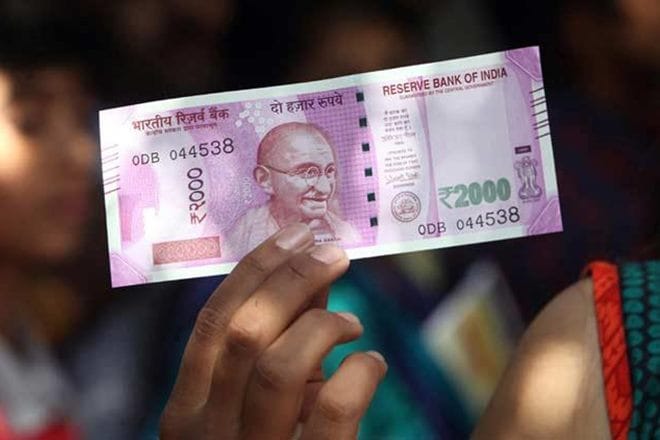There is now more than abundant evidence corporate India is in deep distress. From steel to staples and cars to capital goods every sector is feeling the pain from weak demand. The worry is that there are few signs that demand will pick up in the coming months given the troubles in rural India. Few companies have been able to grow revenues meaningfully during the June quarter; for a sample of 548 companies (excluding banks, financials, TCS and Reliance Industries) revenues rose just 4% year-on-year.
Despite valiant attempts to rein in costs operating margins were under pressure as were net profits; for the 548 companies, profits crashed 27% y-o-y. A host of heavyweights —Tata Motors, Vodafone Idea and Bahrti Airtel — reported losses.
Volume growth was insipid across sectors; at JSW Steel,for example, domestic volumes declined by 2% y-o-y due to sluggish demand.
The macro data reflects the weakness in volumes; while cargo recorded a decline for the first time over the last 5 years, the growth at the major ports was only 1.5% in Q1FY20 versus 4% in the corresponding period in the previous year.
Railway freight too saw very sluggish growth of 2.7%. HUL reported a 5% y-o-y increase in volumes in Q1FY20, the slowest in seven quarters. Maruti Suzuki reported an 18% y-o-y drop in volumes which pulled down Q1FY20 profits by nearly 28%y-o-y.
Tata Global’s India tea business reported a slower volume growth of 8% y-o-y compared with 12% y-o-y in Q4FY19. Sales at retailers have been subdued; same store sales growth (sssg) at Shoppers Stop was only 5.2% YoY on a soft base of -1.2%.
Big Bazaar reported a multi-quarter low same store sales growth (SSSG) of just 8.1% y-o-y. UPL’s domestic revenues fell 8% y-o-y. The sluggish revenue growth has hurt margins at several businesses; at Tata Global, for instance, gross margins contracted 135 bps. Analysts believe prices of some commodities could trend lower, given the global slowdown. In the June quarter, JSW Steel reported a fall of 23% y-o-y in the standalone Ebitda; the management attributed this to tight liquidity, weak auto and government orders. Ashok Leyland reported a 20 % y-o-y fall in Ebitda despite several cost cutting measures initiated by the management.
At Bajaj Auto ebitda was down 11% y-o-y while Eicher Motors reported a 24% y-o-y fall in ebitda led by weak volumes and margin pressures. The really bad news is that a pick-up private sector capex is a good 12-18 months away and consumption demand,while it may perk up in the second half of the year, is unlikely to rise meaningfully.
At Kalpataru Power, the June quarter results were impacted by weak ordering as order inflows fell 33% y-o-y. Managements are keeing their fingers crossed the monsoon will pick up and that consumer demand will look up in the festive season. Much of the weakness in demand is due to a debilitated farm sector;the moped segment, for instance has been partly hit due to rural distress,a delayed and deficient monsoon.
The commentary from the TVS management was cautious since the industry is expected to see a fall in volumes in 2019-20. Tata Motors reported a staggering loss of `3,679 crore; the management said margins for the domestic business would see a marginal correction given the market uncertainties. The Hindustan Unilever management sees no triggers for an immediate recovery and told analysts the slowing momentumin the economy and some liquidity issues were hurting.


